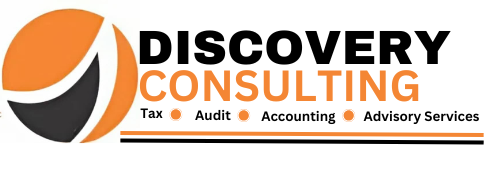Beyond Compliance: Empowering SMEs to Thrive Amidst Evolving Tax Realities
The whispers of a new tax bill often evoke a mix of anticipation and apprehension, especially for Small and Medium Enterprises (SMEs). For these vital engines of the economy, every policy shift can significantly impact cash flow, operational viability, and growth trajectory. However, the true story of navigating new tax realities isn’t just about understanding the changes; it’s about moving “beyond compliance” to strategically adapt and leverage these shifts for long-term financial health.
The Shifting Sands of Taxation: New Realities for SMEs
A new tax bill, like Nigeria’s proposed 2024 Tax Bill, often introduces a series of new realities that demand attention. While specific details can evolve, the typical changes that directly affect SMEs usually revolve around:
- Adjusted Tax Thresholds and Rates: The new bill may redefine what qualifies as a “small company” for tax exemptions or introduce new corporate income tax (CIT) rates for various turnover bands. For instance, the Nigeria Tax Bill 2024 has raised the CIT exemption threshold for small companies to ₦50 million in annual turnover, which is a significant relief for many. However, it also proposes different CIT rates for businesses with a turnover between ₦50 million and ₦100 million, and notably, it removes the “small company” classification for professional and consultancy services, subjecting them to CIT regardless of turnover.
- Revised Deductions and Allowances: Changes to capital allowances or the introduction or removal of specific tax credits can alter a business’s taxable income and overall tax burden. For example, the removal of the initial allowance on capital expenditure results in delayed tax relief, thereby impacting cash flow for capital-intensive SMEs.
- Enhanced Compliance Requirements: New bills often introduce stricter filing requirements, updated regulations for specific industries, or even mandatory Tax Identification Numbers (TINs) for personal accounts, thus increasing the administrative burden. Penalties for non-compliance can also witness considerable increases, making accuracy and timeliness more crucial than ever.
- Value Added Tax (VAT) Adjustments: The current VAT rate in Nigeria is 7.5%, and any adjustments to this rate, exemptions, or distribution formulas can directly affect consumer prices and how businesses manage their input and output VAT. There is ongoing discussion about applying zero-rated VAT for essential goods and exempting some small businesses from VAT obligations. These proposed changes could significantly impact pricing strategies and profitability across various industries.These are not just numbers on a page; they are dynamic elements that, if not proactively managed, can lead to unforeseen liabilities or missed opportunities.
Why "Beyond Compliance" is the SME's Imperative
For SMEs, merely reacting to tax changes can be costly. A “beyond compliance” approach means:
